How we work
We are active throughout the value chain to reduce the climate footprint of plastic packaging and enable truly circular plastic flows.
We collaborate with producers and producer responsibility organisations on design for recycling, work to increase collection rates, and ensure that as much material as possible is sorted and recycled within our own closed-loop systems.
Our ability to identify and sort the right types of plastic — in the right way — influences the entire value chain and enables us to offer a range of services to the market.
Our offer to sorting customers
Our sorting customers send materials to our facility for sorting. We offer a cost-effective system for advanced sorting and high-quality material recycling of plastic packaging.
Would you like us to handle your plastic packaging?
Contact your producer responsibility organisation for assistance. You can also contact us at info@svenskplastatervinning.se and we will help you further.
We sort out the following plastics
Rigid PP, rigid HDPE, flexible LDPE, flexible PP, transparent PET trays, transparent PET bottles, coloured PET bottles, EPS, PS, PVC, two grades of mixed polyolefin laminates.
Our work with research and development
Moving from a linear to a circular economy for plastic packaging requires major systemic changes and technological development. We are investing both time and financial resources in a number of different research and development projects.
Current and completed research and development projects
A model for the plastic packaging of the future
In 2023, a completely new plastic packaging was launched on the Swedish market: the SKONA bottle, made from 95 per cent recycled plastic from Swedish households. The project to develop the plastic packaging was a successful collaboration throughout the entire chain, demonstrating that circularity in plastic packaging is possible.

Visit Site Zero?
There is considerable interest in visiting us, but at present we can only accommodate representatives from industry, local authorities, trade associations, certain interest groups, government agencies and politicians. If you have any questions, please feel free to contact us by email at info@svenskplastatervinning.se.



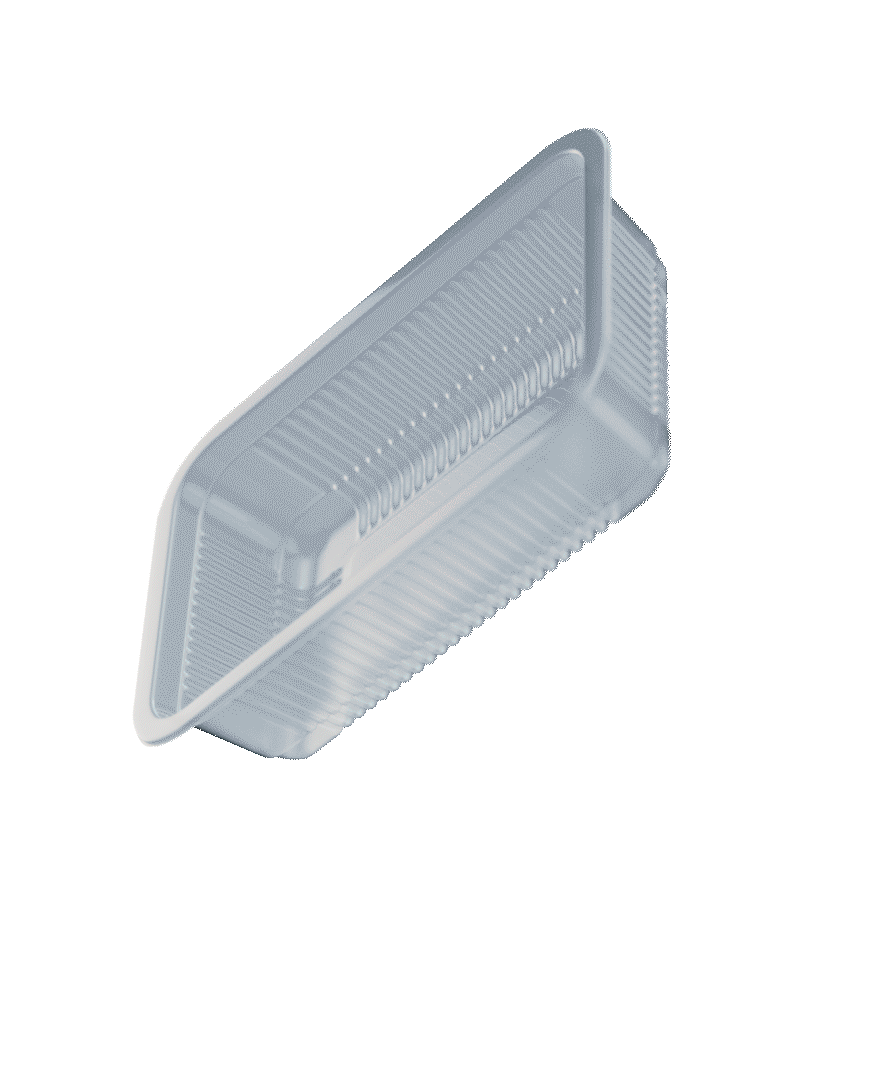
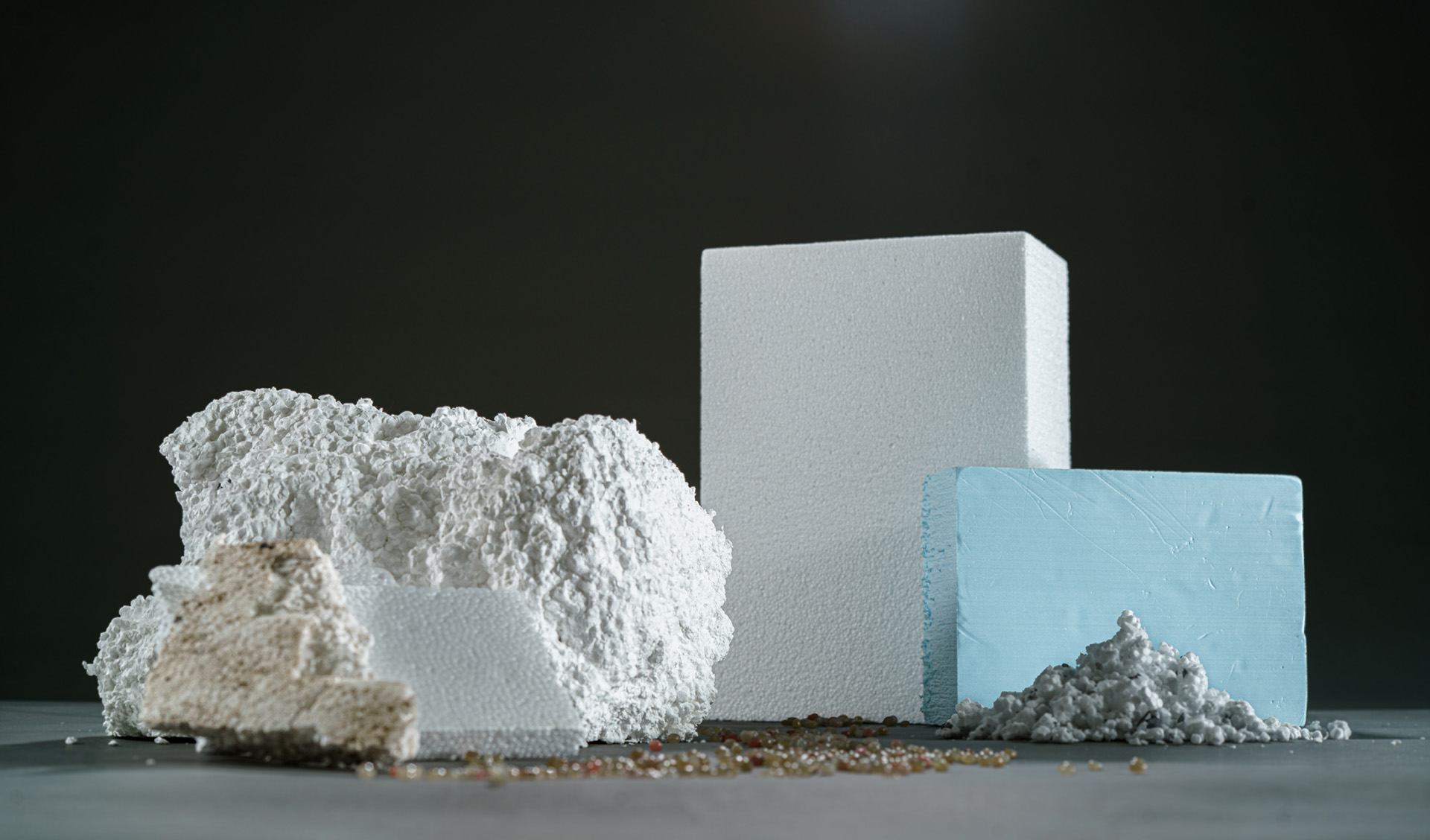
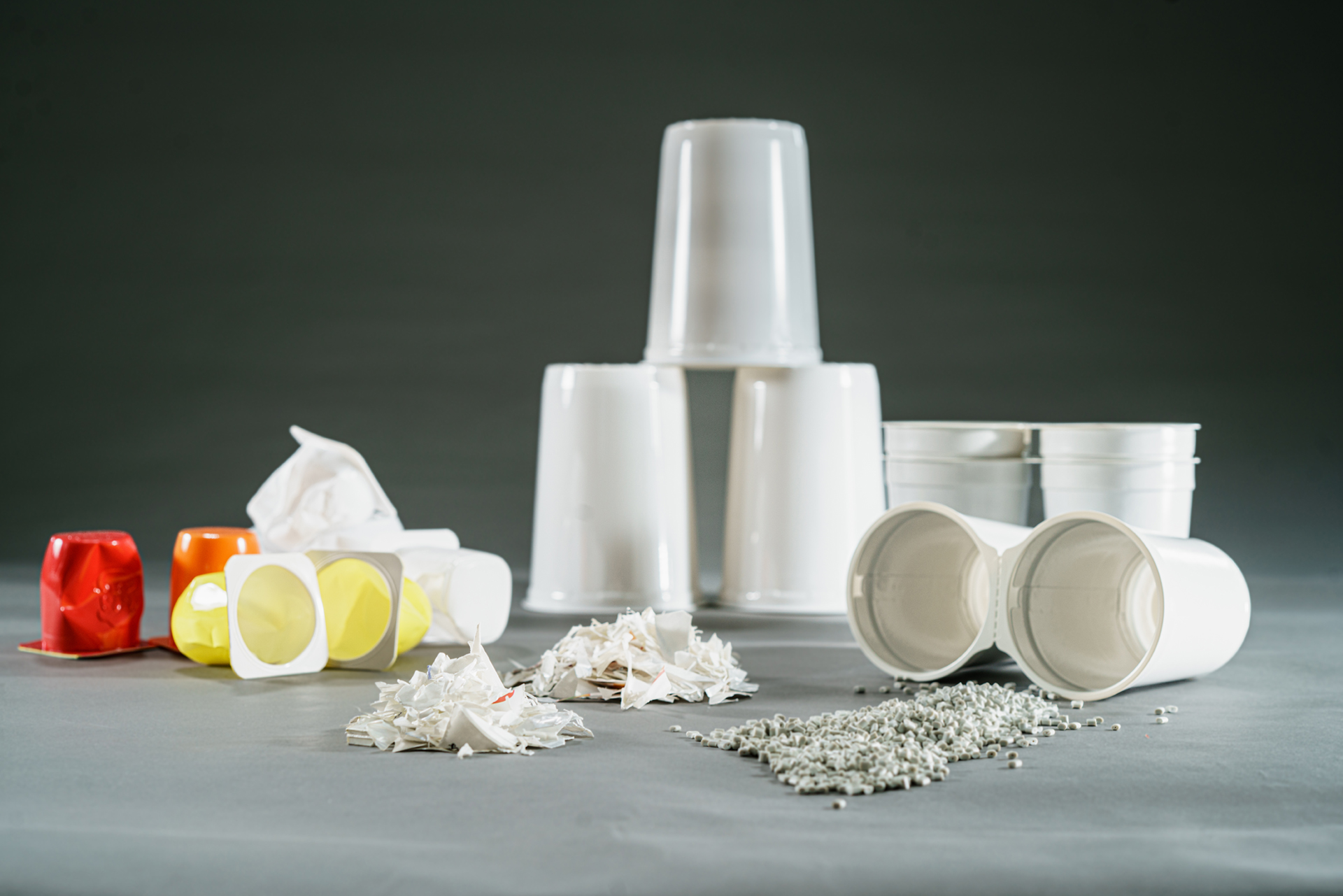



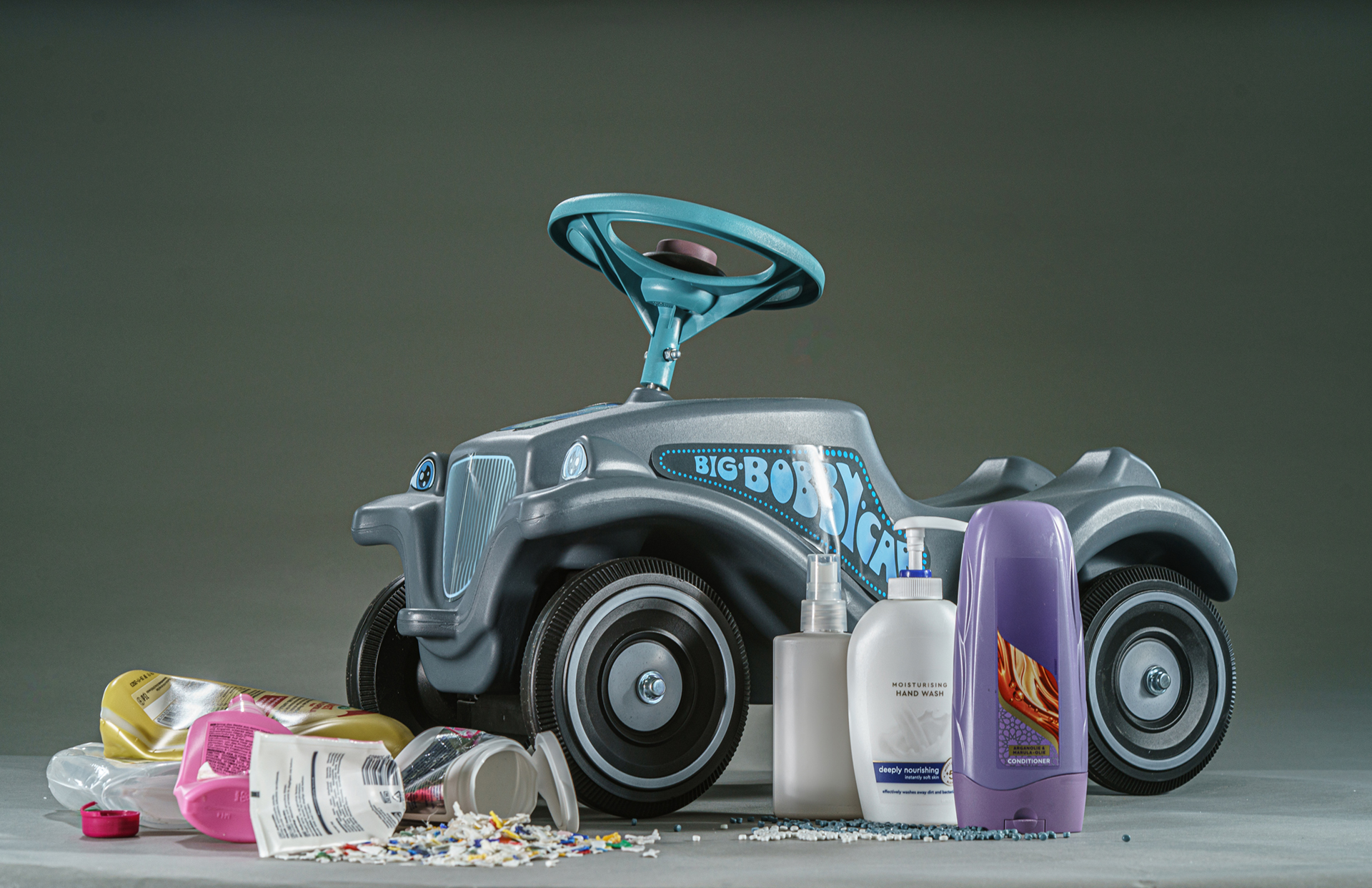
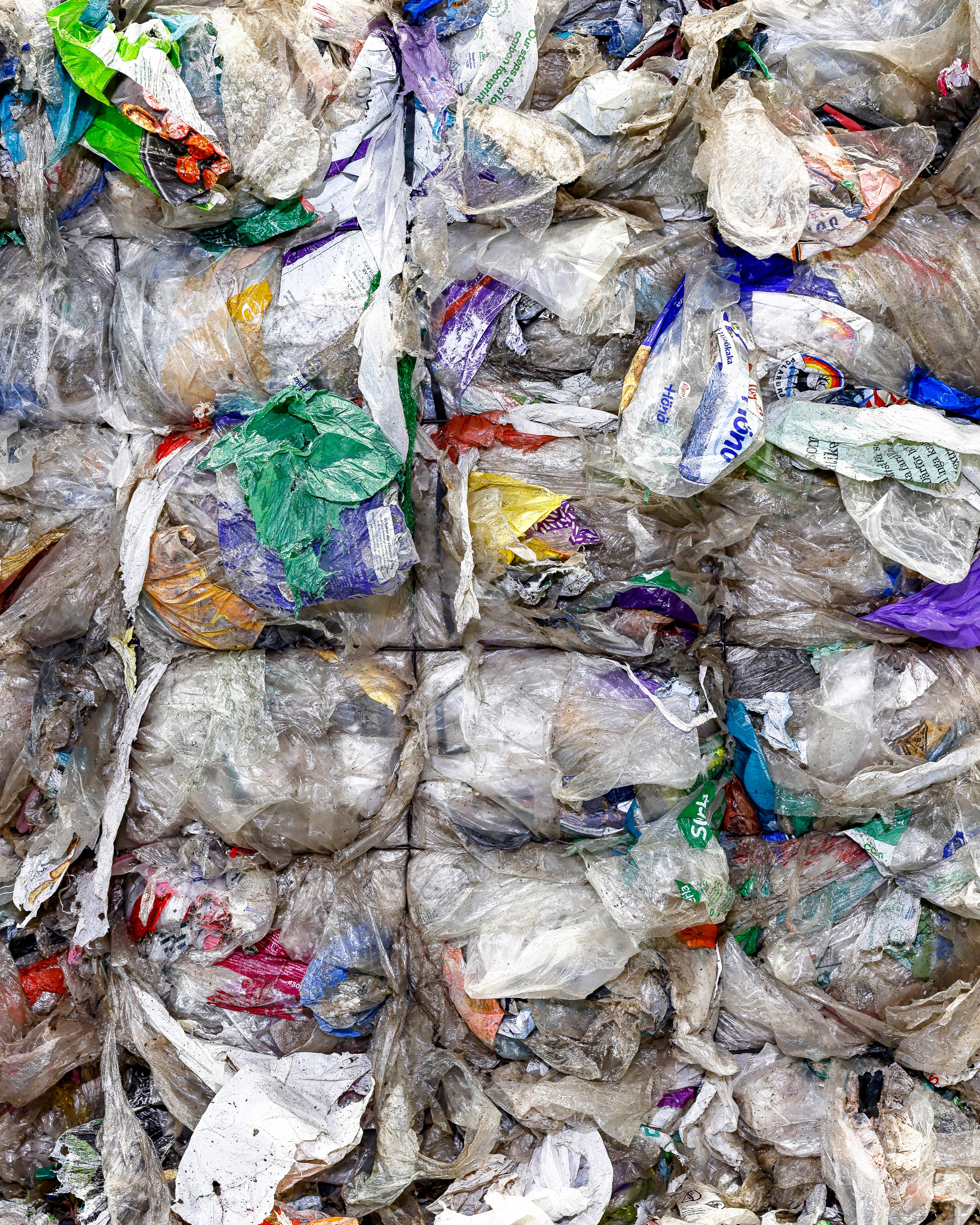




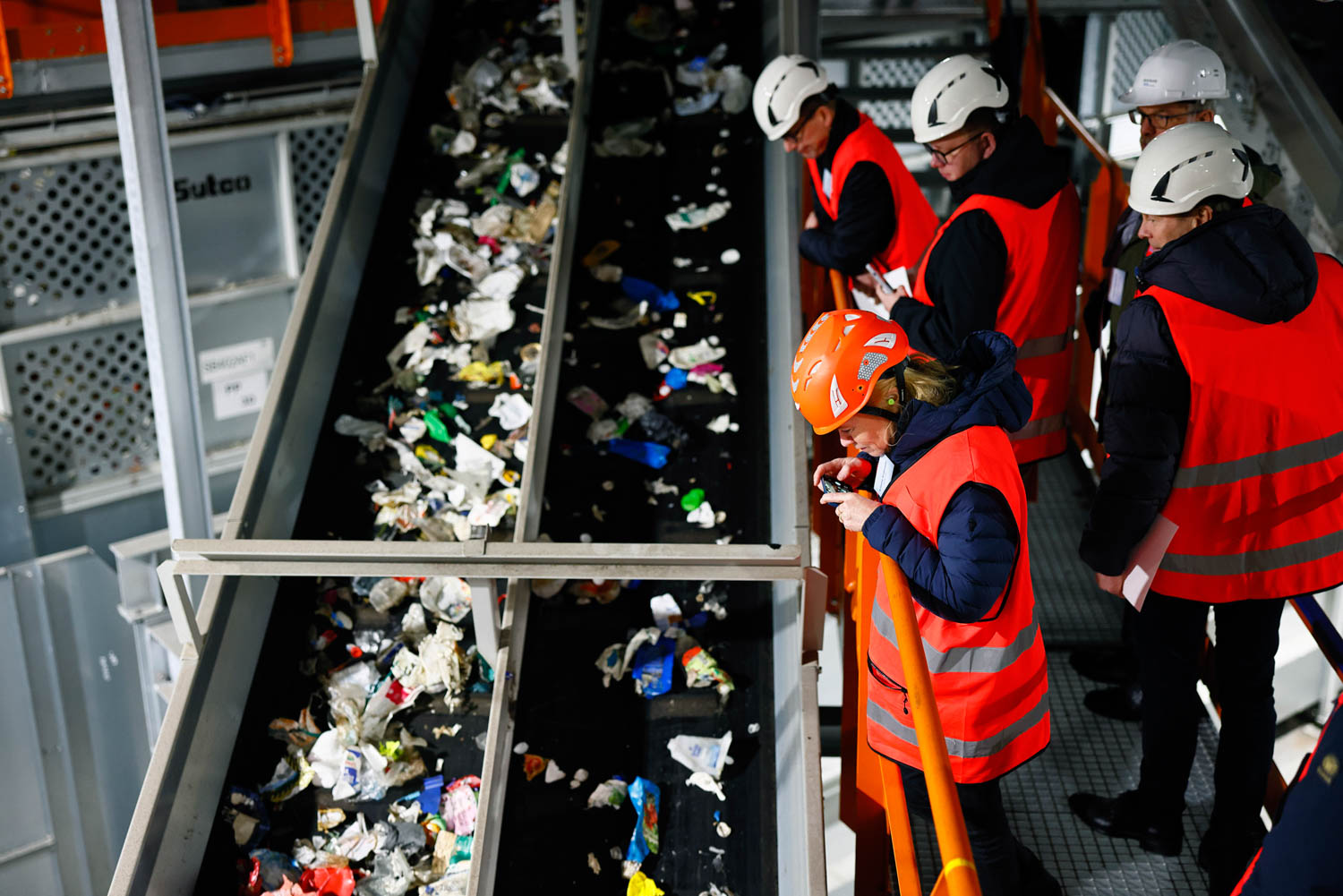
![fc iso9001 14001 45001_swedac-white[9]](https://www.svenskplastatervinning.se/wp-content/uploads/fc-iso9001-14001-45001_swedac-white9.png)